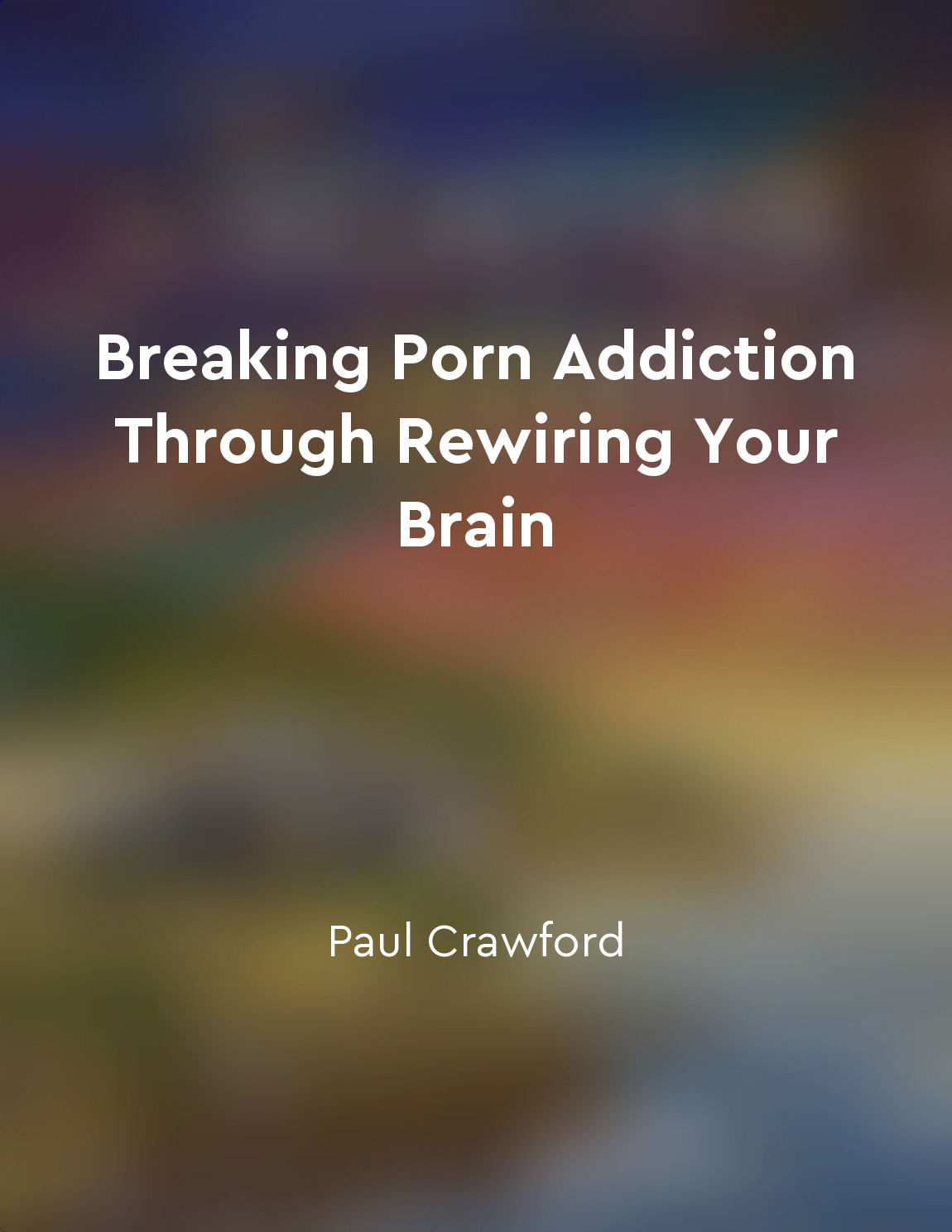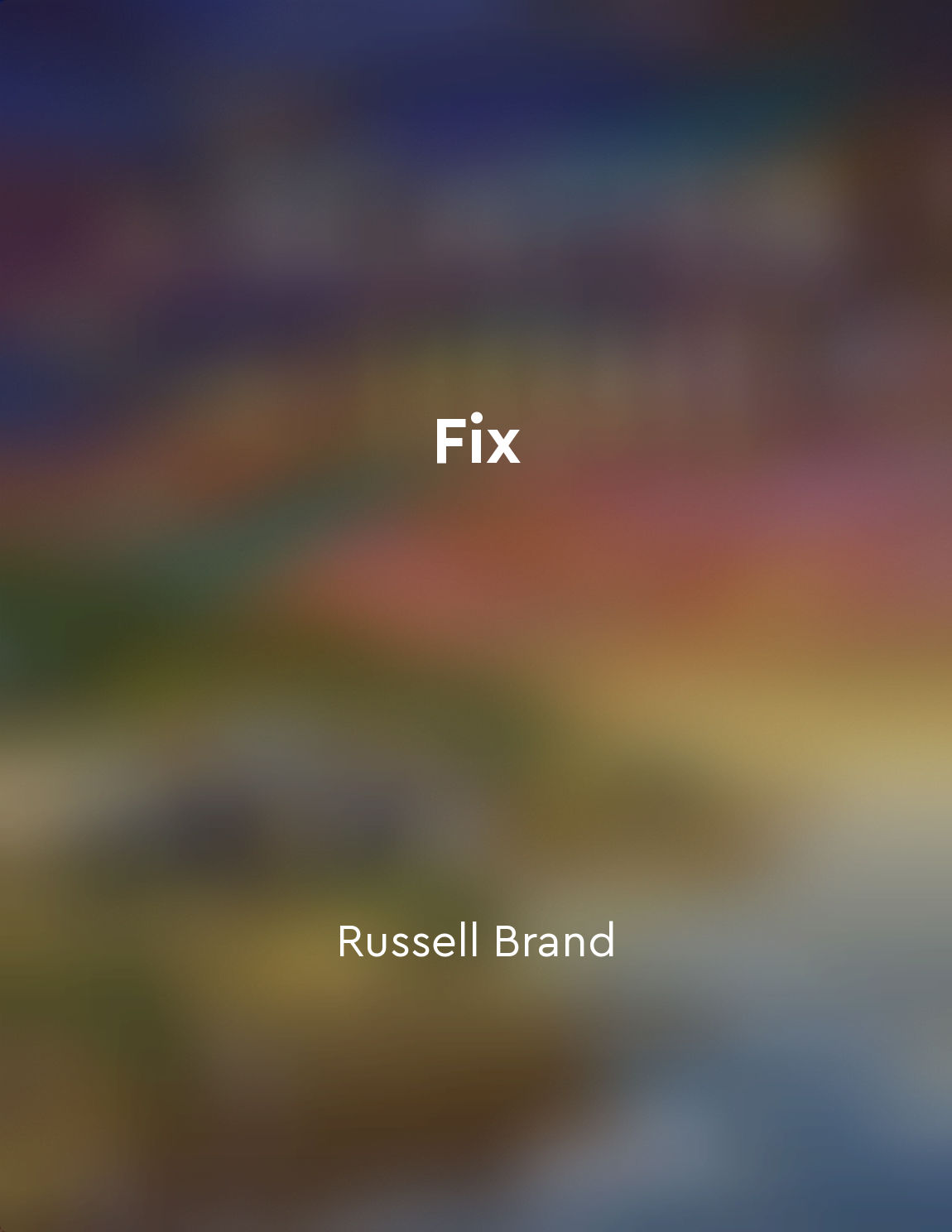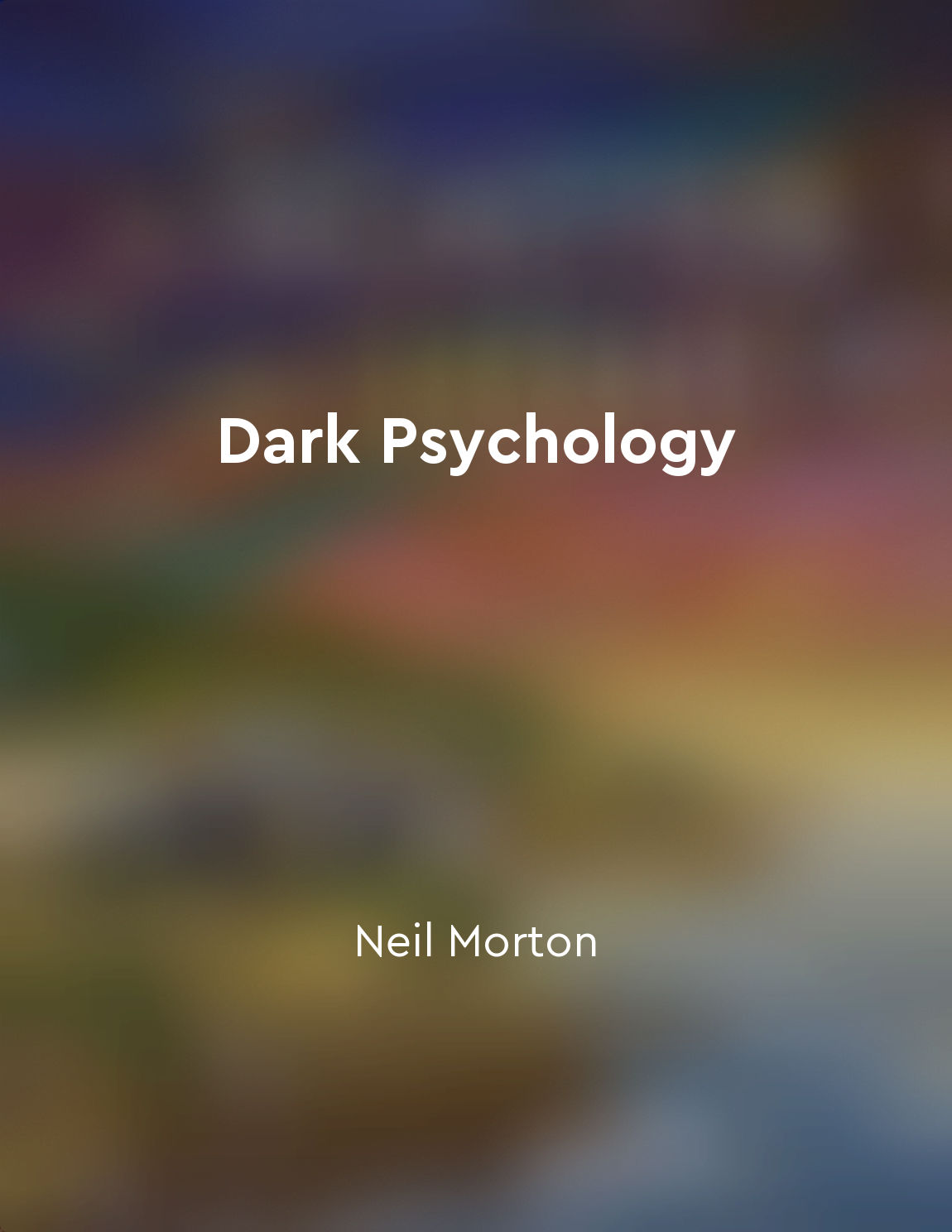Addiction is not a moral failing but a medical condition from "summary" of Never Enough by Judith Grisel
Judith Grisel makes a compelling argument that addiction should not be viewed as a moral failing but rather as a medical condition. She explains how addiction is a complex interplay of genetic, environmental, and neurobiological factors that can override an individual's ability to control their behavior. Grisel emphasizes that addiction is not simply a matter of weak willpower or flawed character. Instead, she highlights the changes that occur in the brain as a result of chronic drug use, which can hijack the brain's reward system and impair decision-making processes. This can lead to a cycle of compulsive drug-seeking behavior that is difficult to break. By reframing addiction as a medical condition, Grisel challenges the stigma and shame that is often associated with it. She argues that viewing addiction through a moral lens only serves to further marginalize and isolate individuals struggling with substance abuse issues. Instead, she advocates for a more compassionate and understanding approach that recognizes addiction as a complex brain disorder that requires medical intervention and support. Grisel's perspective on addiction as a medical condition is supported by scientific research that has shown the profound impact of drugs on the brain's chemistry and structure. By understanding addiction as a disease that affects the brain, we can better tailor treatment approaches that address the underlying neurobiological mechanisms driving addictive behavior.- Grisel's insights challenge us to reconsider our views on addiction and to move away from moralistic judgments towards a more empathetic and evidence-based understanding of this complex issue. By recognizing addiction as a medical condition, we can work towards developing more effective interventions and support systems that help individuals overcome the challenges of substance abuse.
Similar Posts

Finding new hobbies can distract from cravings
One powerful way to combat cravings is by finding new hobbies to occupy your time and mind. Engaging in activities that you enj...
Building resilience through mindfulness practices can help navigate life's challenges
In the face of life's challenges, it can be easy to feel overwhelmed and lost. But what if there was a way to build resilience,...
Selfcare is essential for recovery
Selfcare is essential for recovery. It is important to understand that recovery from addiction is a complex process that requir...
Addiction recovery is a lifelong process
Addiction recovery is a lifelong process that requires ongoing effort and commitment. It's not something that can be achieved o...
It can have negative impacts on physical and mental health
Masturbation addiction, if left unchecked, can lead to detrimental effects on both physical and mental well-being. The constant...

Healing past traumas
Healing past traumas is a vital part of the recovery journey. Trauma can leave deep wounds that impact every aspect of our live...
Suffering in silence only perpetuates the cycle of addiction
The act of suffering in silence while battling with addiction only serves to deepen the dangerous cycle. When we keep our strug...

Developing strategies for selfprotection
Developing strategies for self-protection is essential when dealing with individuals who employ dark psychology tactics. These ...
Tolerance develops as the brain becomes less responsive to dopamine
When we first consume a drug, our brain is flooded with dopamine, a neurotransmitter that signals pleasure. This surge of dopam...

